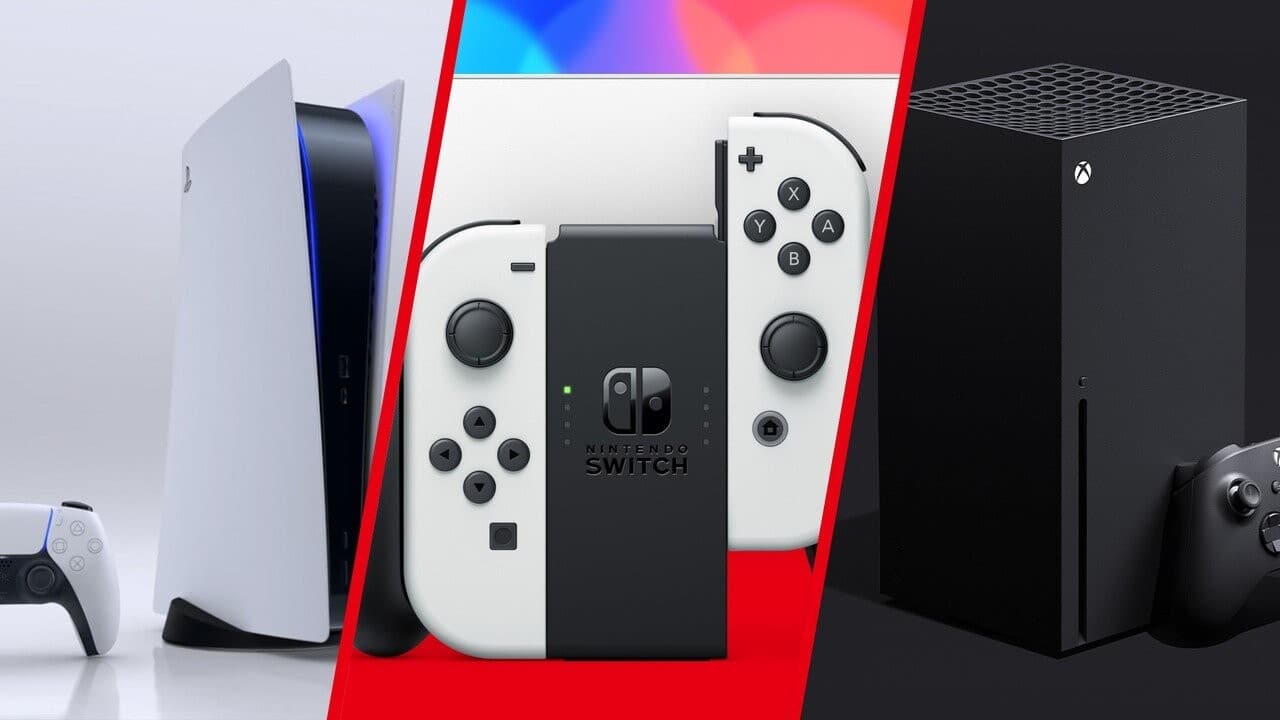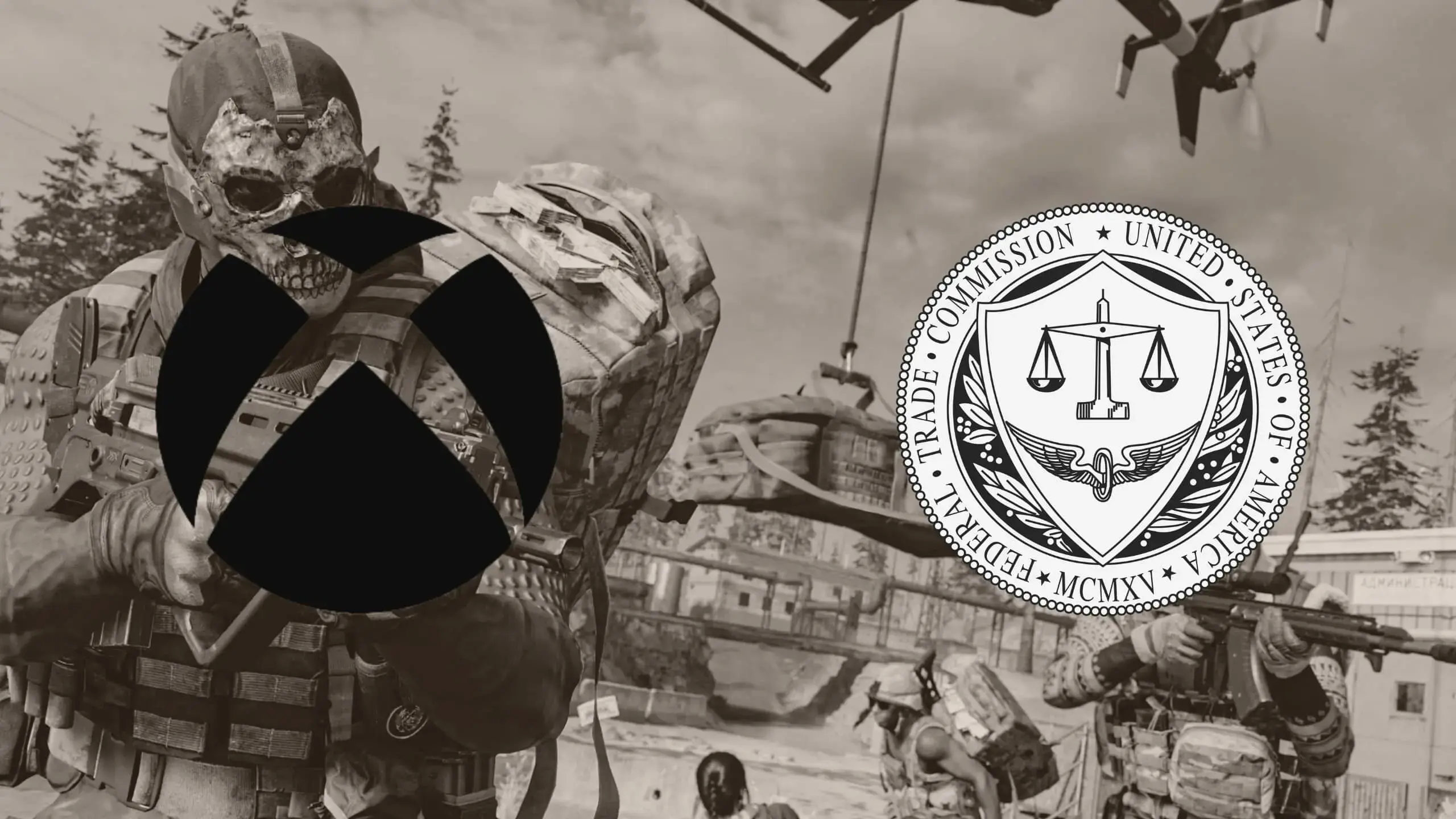FTC v. Microsoft: The Nintendo Switch Competes with Xbox and PlayStation, Says Judge
In the world of gaming, the battle lines are often drawn between Microsoft’s Xbox and Sony’s PlayStation. However, a recent trial between Microsoft and the Federal Trade Commission (FTC) has brought another player into the spotlight: the Nintendo Switch.
FTC’s Stance: Nintendo Switch Is Not a Competitor
In the trial, the FTC argued that the Nintendo Switch does not compete with the Xbox and PlayStation. They insisted that the Switch’s pricing, performance, and content make it an improper substitute for the other two consoles. This argument was based on the premise that the Switch’s unique features and lower price point set it apart from the Xbox and PlayStation.
Microsoft and the Judge Disagree
However, Xbox head Phil Spencer and Judge Jacqueline Scott Corley disagreed with the FTC’s argument. They maintained that Nintendo is indeed a competitor in the gaming console market. The judge acknowledged that while there are differences in functionality and content between the Switch and the other consoles, these differences do not exclude the Switch from being a competitor.
The Switch’s Place in the Gaming Market
The court pointed out that many of the most popular PlayStation and Xbox games are also available on the Switch. This includes popular titles like Fortnite, Minecraft, Rocket League, and the FIFA, MLB The Show, and NBA 2K franchises. This availability of popular games on the Switch strengthens the argument that it competes with the Xbox and PlayStation.
The Nintendo Switch’s Unique Position
Despite being considered a generation behind the Xbox Series X/S consoles and Sony’s PlayStation 5, the Nintendo Switch has held its own in the gaming market. Its unique features, such as portability and innovative Joy-Con controllers, offer a different kind of gaming experience that appeals to a broad range of players.

The Verdict
While the FTC may have met its preliminary injunction burden to show the Switch is not included in the relevant market, the court made it clear that if it were the final decision-maker, it would consider Nintendo to be part of the relevant market. This verdict underscores the evolving dynamics of the gaming console market and highlights the competitive role that Nintendo Switch plays in it.
Looking Ahead
As the gaming industry continues to evolve, the lines between console generations and competitors may continue to blur. The case of FTC v. Microsoft serves as a reminder that competition can come from unexpected places, and that innovation often disrupts established market norms.

